BP warns of sanctions pain
The oil giant has warned that sanctions will hit its operations in Russia.

Get the latest financial news, insights and expert analysis from our award-winning MoneyWeek team, to help you understand what really matters when it comes to your finances.
You are now subscribed
Your newsletter sign-up was successful
Want to add more newsletters?

Twice daily
MoneyWeek
Get the latest financial news, insights and expert analysis from our award-winning MoneyWeek team, to help you understand what really matters when it comes to your finances.

Four times a week
Look After My Bills
Sign up to our free money-saving newsletter, filled with the latest news and expert advice to help you find the best tips and deals for managing your bills. Start saving today!
The US and the EU joined forces this week to hammer out the harshest sanctions against Russia since the Cold War. So far, the EU has merely targeted a few individuals. Now it is set to take action against Russian banks, the oil (but not gas) industry and the military.
There has been a clampdown on future arms sales, while major state-owned banks will not be able to tap European capital markets, and high-tech oil exports are no longer available to the Russian oil sector.
The US has matched many of the European measures and has now placed restrictions on almost all the biggest banks with state ownership of at least 50%. Russia has already started to retaliate, banning Polish fruit and vegetables.
MoneyWeek
Subscribe to MoneyWeek today and get your first six magazine issues absolutely FREE

Sign up to Money Morning
Don't miss the latest investment and personal finances news, market analysis, plus money-saving tips with our free twice-daily newsletter
Don't miss the latest investment and personal finances news, market analysis, plus money-saving tips with our free twice-daily newsletter
Companies are beginning to fret about the impact of sanctions and counter-sanctions, with BP saying they would threaten its joint venture with oil giant Rosneft and Renault warning its sales could slump.
What the commentators said
Instead, he has destabilised his neighbour and continues to stoke the violence in eastern Ukraine, accompanies by a "propaganda operation worthy of a previous era in Soviet history".
We could be in for a long stand-off, as Wirtschaftswoche pointed out. The worry is that Putin sees his mission as restoring Russia's self-esteem, which was gravely damaged by the collapse of the Soviet Union, and if that means a nasty squeeze on the economy, so be it. But his Ukraine campaign has also boxed him into a corner.
Having hyped up the populace with relentless propaganda, any climb-down or concession, no matter how small, would be perceived as a major defeat. So we are likely to see plenty more firms lining up to warn that their business is going to suffer.
In BP's case, though, the fuss seems overblown, said Allister Heath in The Daily Telegraph. BP ended up paying £15bn for its stake in Rosneft last year, and has already pocketed almost £1bn in dividends. That follows its $8bn investment in a previous joint venture, which yielded $15bn in dividends.
Even if all its Russian assets are confiscated, which is highly unlikely, it will have done well in Russia. In the US, by contrast, its provisions for the 2010 spill have hit $43bn. "Investors are worrying about the wrong continent."
Get the latest financial news, insights and expert analysis from our award-winning MoneyWeek team, to help you understand what really matters when it comes to your finances.

-
 Should you buy an active ETF?
Should you buy an active ETF?ETFs are often mischaracterised as passive products, but they can be a convenient way to add active management to your portfolio
-
 Power up your pension before 5 April – easy ways to save before the tax year end
Power up your pension before 5 April – easy ways to save before the tax year endWith the end of the tax year looming, pension savers currently have a window to review and maximise what’s going into their retirement funds – we look at how
-
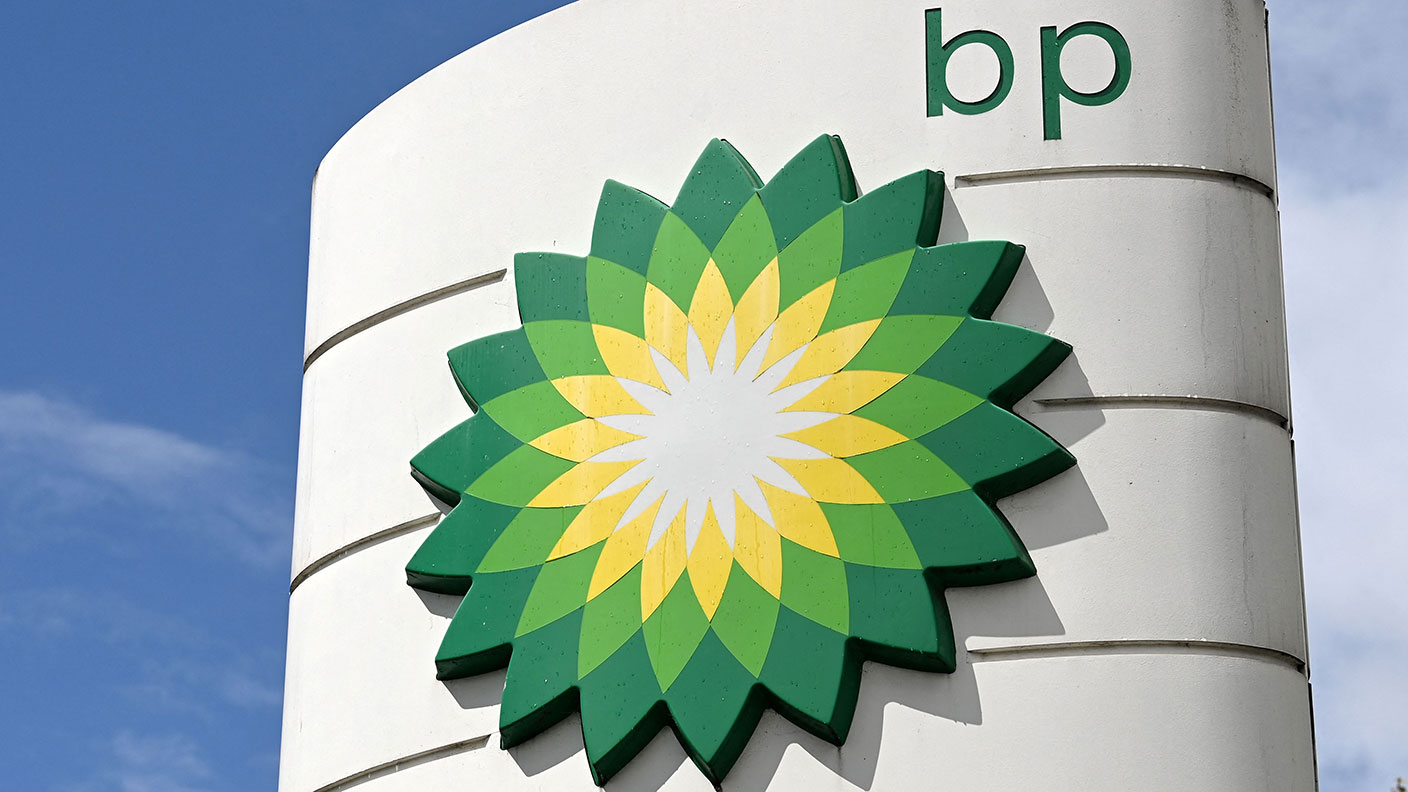 As oil prices surge, should you buy BP shares?
As oil prices surge, should you buy BP shares?Analysis The imbalance between supply and demand has sent the oil price surging, bringing bumper profits to oil giant BP. Rupert Hargreaves looks at the numbers and asks if BP shares deserve a place in your portfolio.
-
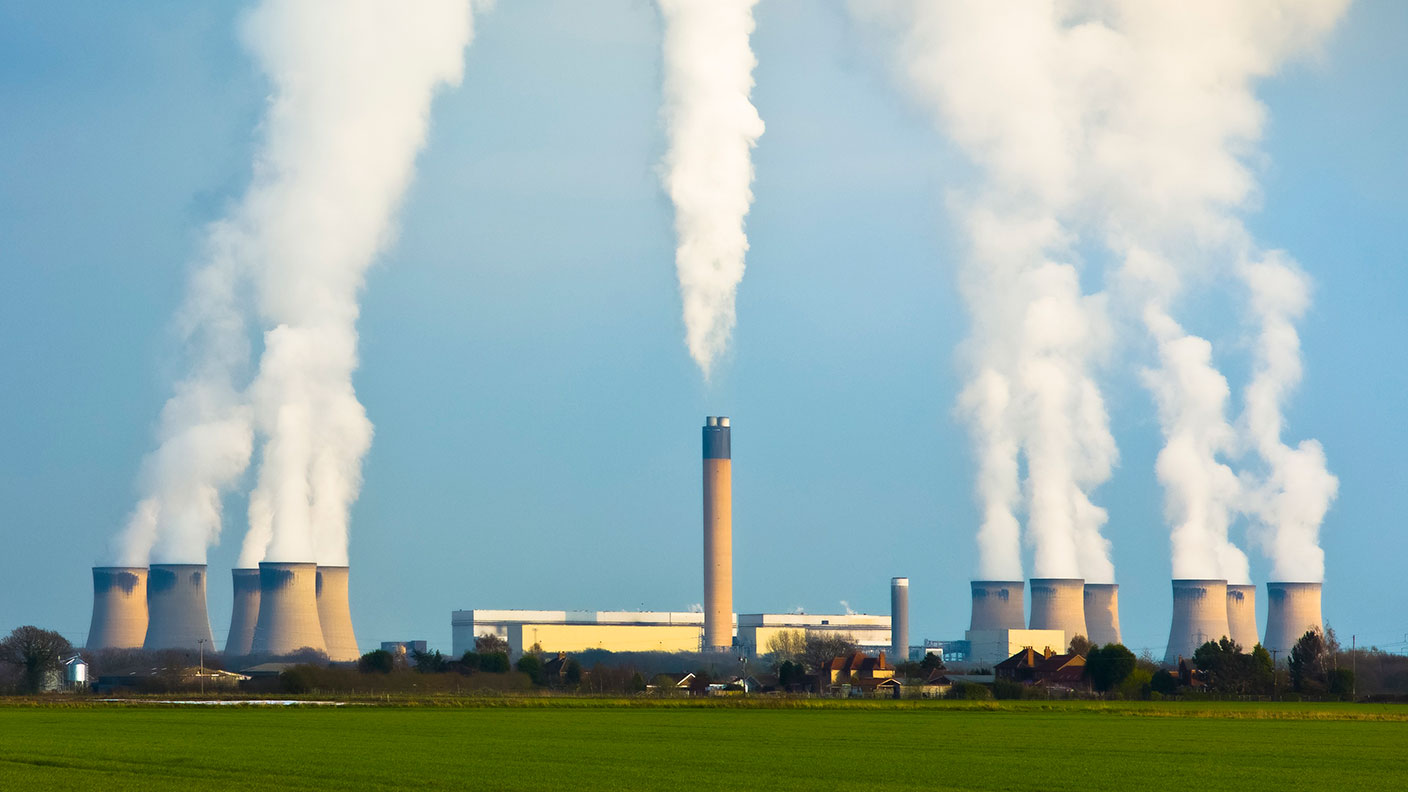 Should you be worried about energy windfall tax proposals?
Should you be worried about energy windfall tax proposals?Analysis Calls have been growing for a windfall tax on UK oil and gas producers. It's a popular idea, but is it a good one? And what does it mean for investors in the UK's energy companies? Rupert Hargreaves explains.
-
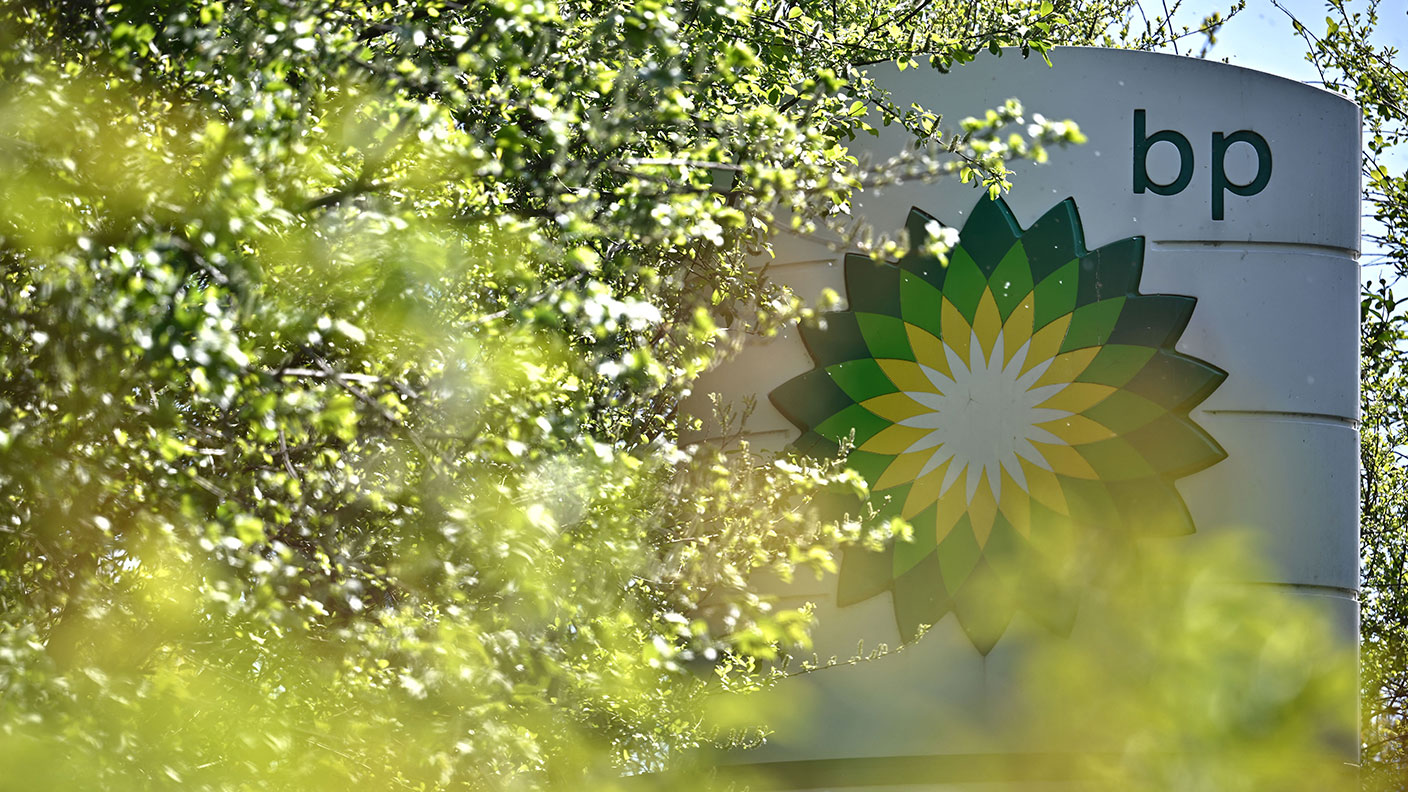 BP’s profits surge, but the company’s growth is far from guaranteed
BP’s profits surge, but the company’s growth is far from guaranteedAnalysis BP profits are at their highest in a decade, and it looks to be a business firing on all cylinders. But its future is far from certain, says Rupert Hargreaves.
-
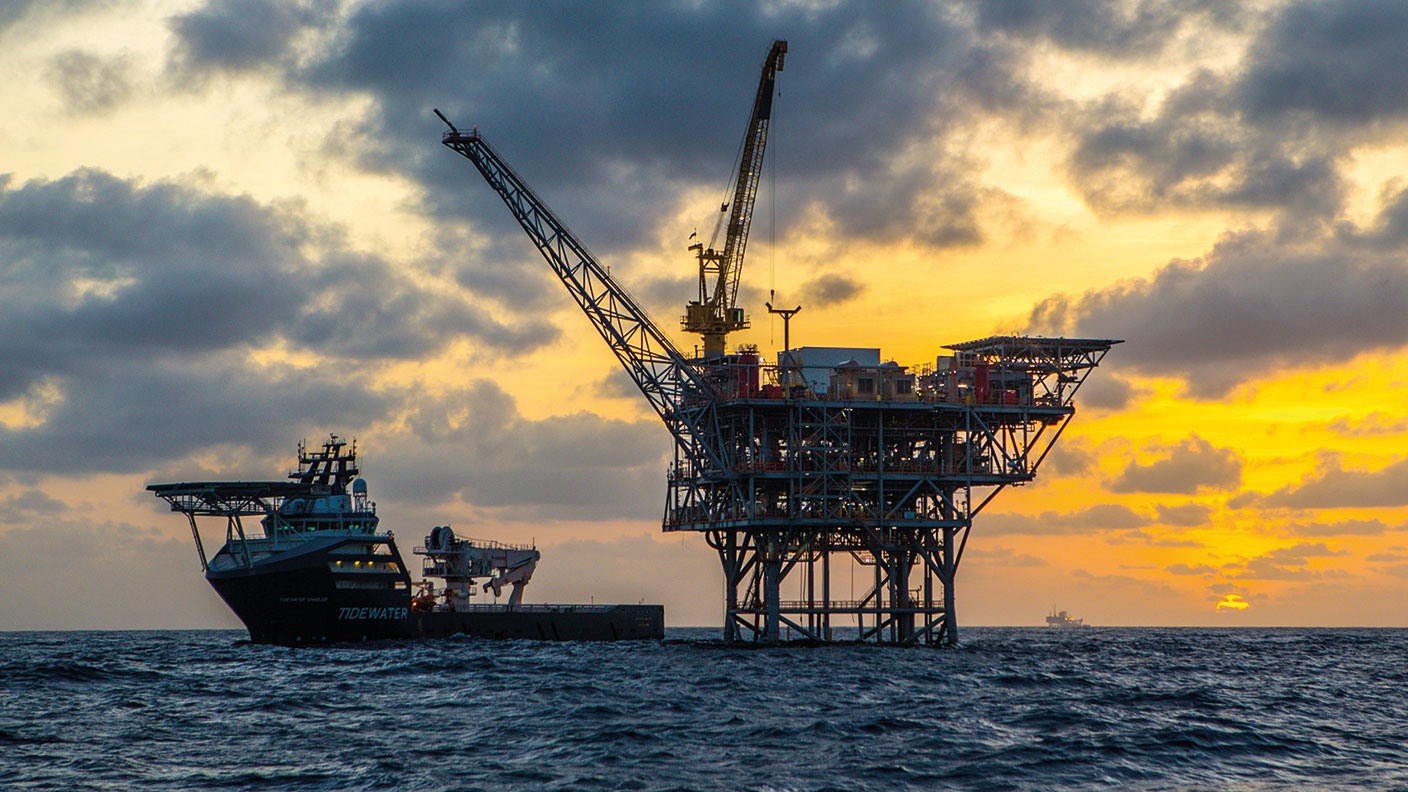 BP: really going “beyond petroleum” won't be easy
BP: really going “beyond petroleum” won't be easyNews BP is recovering and plans to become carbon neutral by 2050. Meanwhile, activist investors are targeting ExxonMobil. Matthew Partridge reports
-
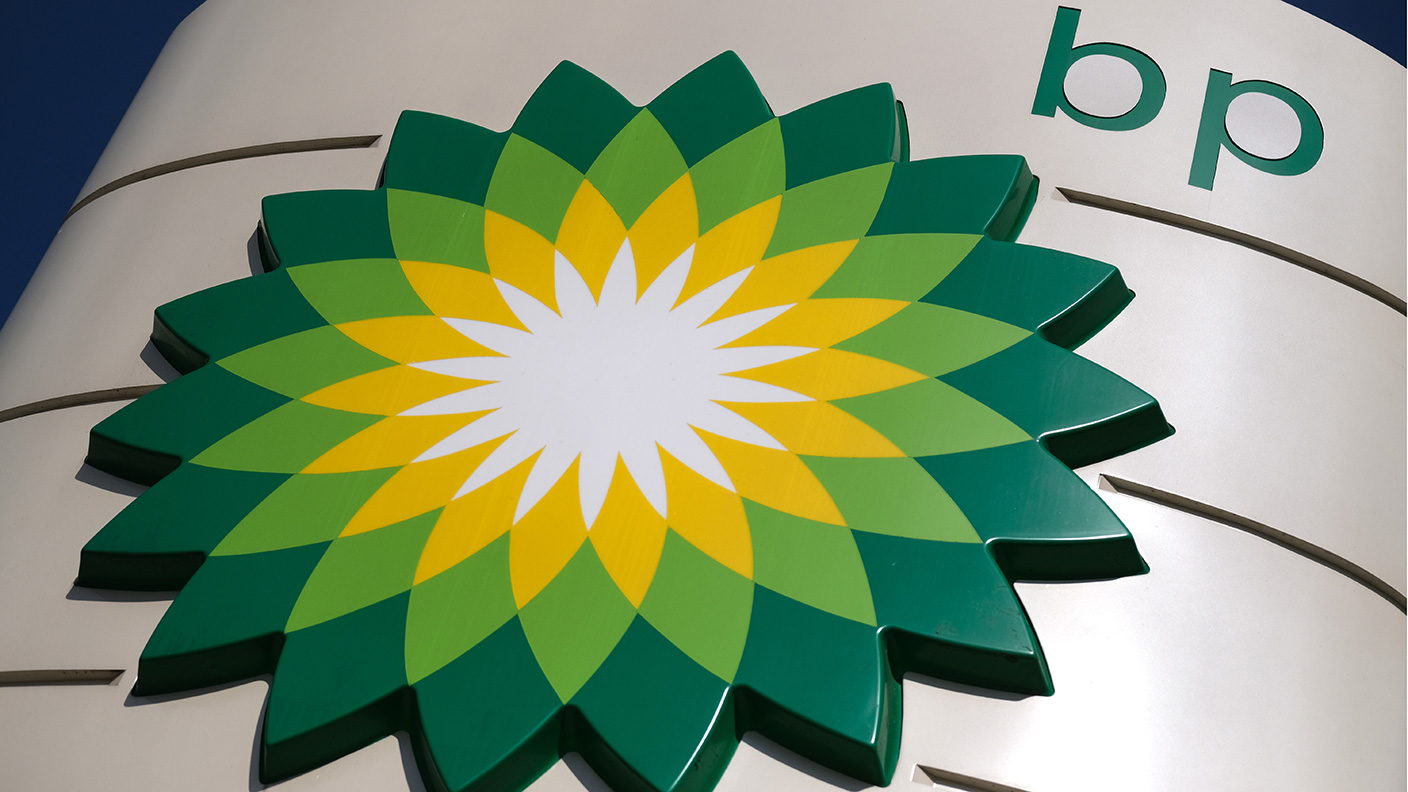 BP looks set to return more money to shareholders as it beats expectations
BP looks set to return more money to shareholders as it beats expectationsNews Oil major BP is to embark on a share buyback programme after significantly reducing its debts. Saloni Sardana looks at what it means for your portfolio.
-
 BP has slashed its dividend – and markets love it
BP has slashed its dividend – and markets love itOpinion BP has bowed to the inevitable and cut its dividend in half – and its share price promptly rose. John Stepek explains what it means for shareholders and for beleaguered income investors.
-
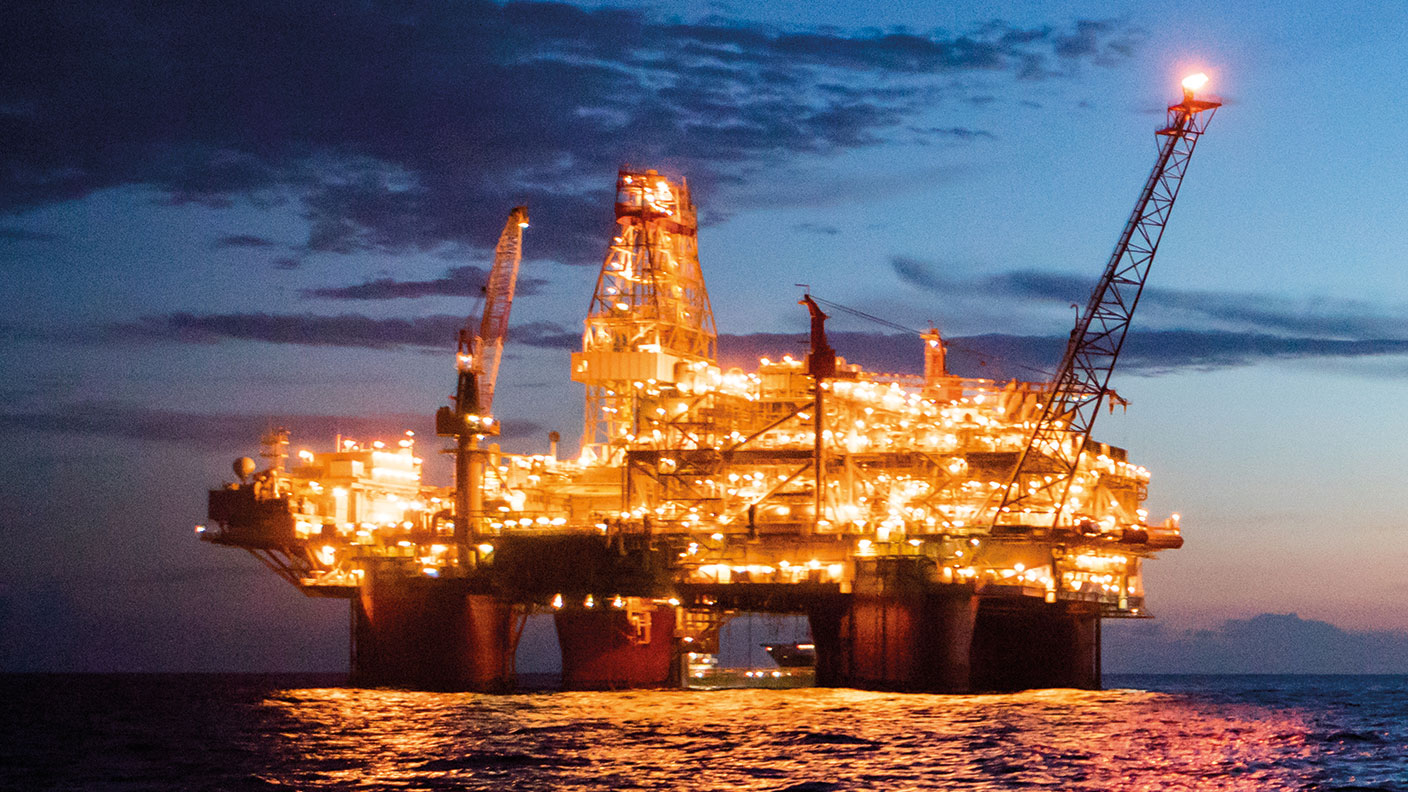 BP bows to reality as it writes down $17bn of assets
BP bows to reality as it writes down $17bn of assetsNews The oil giant has ditched its conspicuously bullish outlook and written down the value of its assets. Will it cut its dividend too? Matthew Partridge reports
-
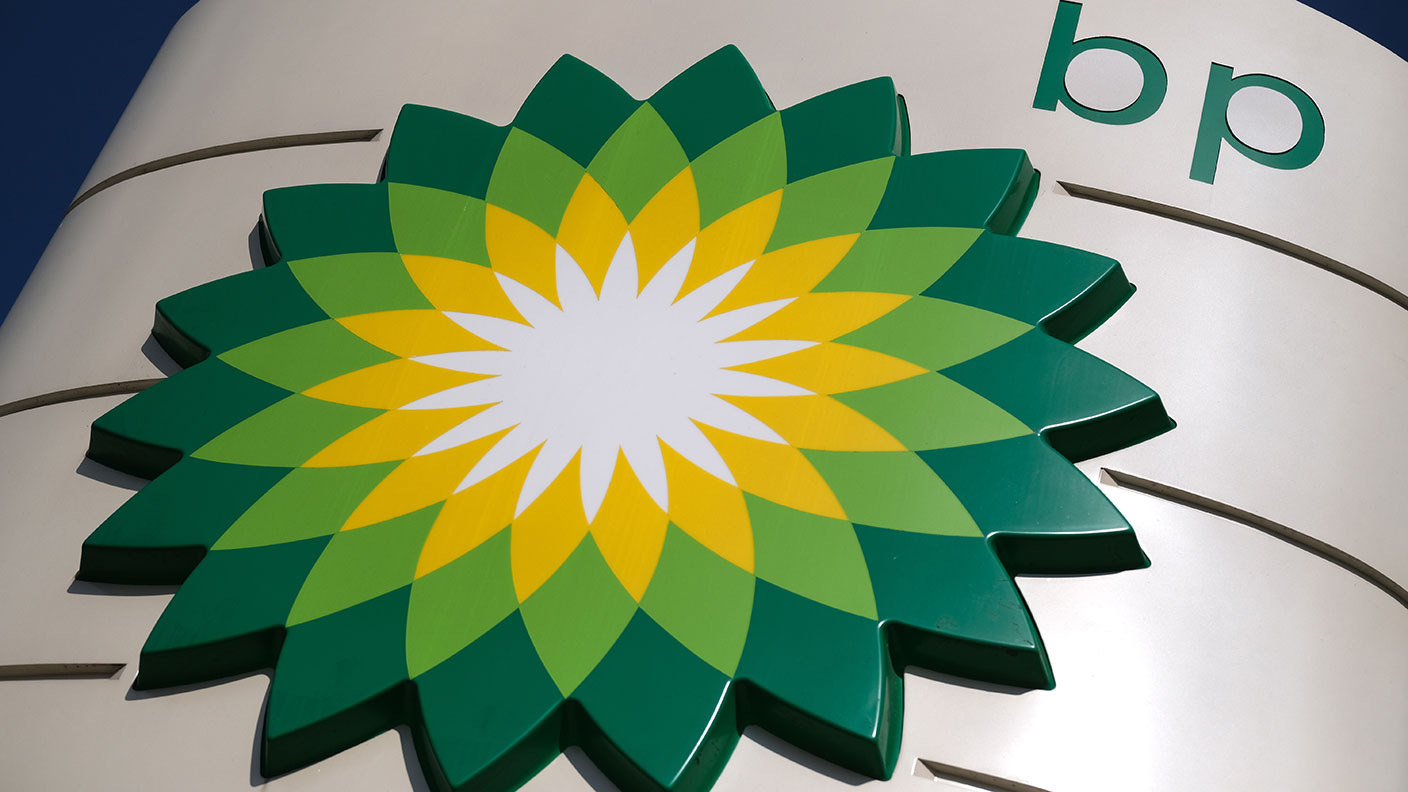 Watch out income investors – BP looks likely to cut its dividend in the near future
Watch out income investors – BP looks likely to cut its dividend in the near futureOpinion Oil major BP is writing billions off the value of its assets as it struggles to adapt to the changing world. Unlike Shell, however, BP hasn’t yet cut its dividend. But, says John Stepek, it’s only a matter of time till it does.